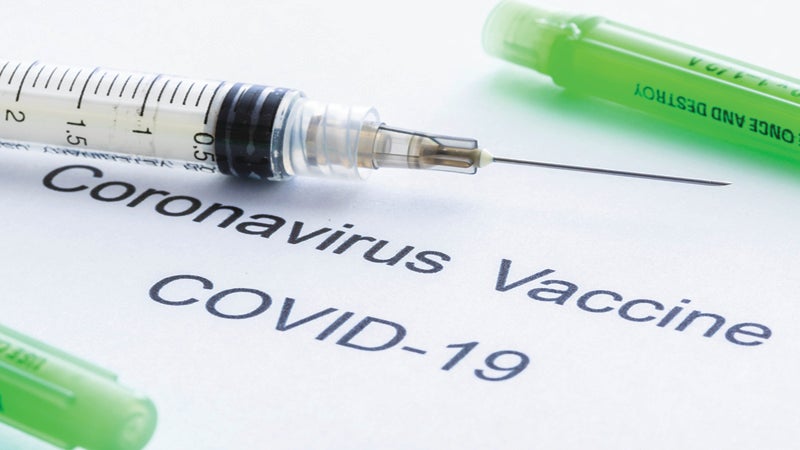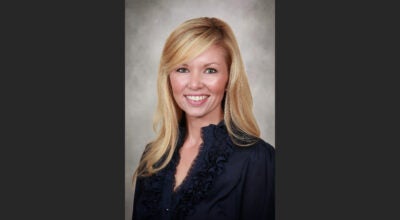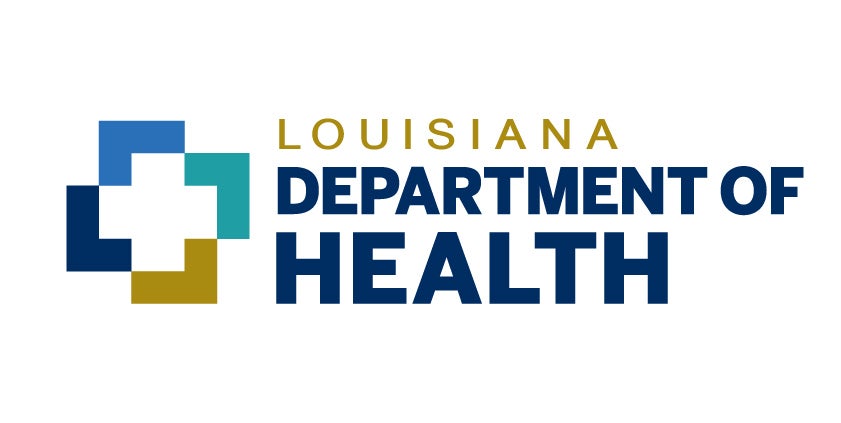Tumor Registry verification underway in St. John
Published 12:00 am Wednesday, February 19, 2020

- Secretary of Health Dr. Rebekah Gee speaks at the Governor's office / Tumor Registry meeting held on Nov. 5, 2019 at Our Lady of Grace Church in Reserve.
|
Getting your Trinity Audio player ready...
|
RESERVE — Over the next several months, LSU Health staff will visit approximately 2,000 households in St. John the Baptist Parish to collect data on cancer rates within a 2.5-mile radius of the Denka Performance Elastomer plant.
Trained public health students traveling in teams of two will be easily identifiable in purple LSU Health T-shirts or white LSU Health sweatshirts. They will wear yellow lanyards with proper identification linking them to the Cancer Reporting in St. John Parish (CRISP) Project.
CRISP is not a traditional research study, according to Lauren Maniscalco, liaison for the Louisiana Tumor Registry.
It is a verification project to ensure all reportable cases from St. John Parish are in the Louisiana Tumor Registry database.
All data in the Louisiana Tumor Registry is collected from medical records, according to Maniscalco. This contrasts with an earlier report from the University Network for Human Rights that was based on self-report and entitled “Waiting to Die.” It is available at humanrightsnetwork.org/waiting-to-die.
CRISP is planned and administered by community members, scientists and trained field workers to address community concerns about cancer rates, while ensuring data collected is thorough and verifiable. Governor John Bel Edwards and Louisiana Secretary of Health Dr. Rebekah Gee have emphasized the importance of the project.
Local data must be collected from medical records to be compared with state and national cancer data collected from medical records, according to Helen McMillan, a representative of the Louisiana Cancer Prevention & Control programs. This is the only way to compare apples to apples.
“We can’t compare our data with the data the University Network collected because it was based in self-report,” McMillan said. “Plus, we need to collect other information that they did not collect so the record can be verified. Once you have a level playing field, then you go forward and see what changes need to be made or what needs to be done. It’s really a first step in addressing the concerns of the community because they were upset, rightly so.”
Incidence versus prevalence is another factor that must be considered. LSU officials said the CRISP project uses incidence, or the number of people diagnosed with cancer in a given year. Prevalence, defined as the total number of people living with cancer in a given year, can increase over time as people get diagnosed earlier and medical treatments allow people to live longer with cancer. Therefore, prevalence cannot pinpoint whether more people are being diagnosed in a given year or whether environmental factors are the culprit.
The CRISP verification project will provide data the public can trust, according to Maniscalco.

Trained field surveyors will be identified by LSU Public Health attire.
“Verifying tumor registry data will address the concern or perception that not all diagnosed cancers are recorded in the registry, and by verifying, will give people confidence in the Louisiana Tumor Registry,” Maniscalco said. “Also, if additional cases are verified that are not contained in the registry, it could change the cancer rates for the area.”
The Louisiana Tumor Registry is a foundation for data-driven cancer prevention and control programs that can save lives by reducing cancer illness and death. The Registry data supports caner surveillance in addition to studies evaluating screening and early detection programs, health care planning, policies, treatment, research and other programs.
“Louisiana Tumor Registry data have been used for identifying areas and populations at high risk, advancing clinical, epidemiologic and health services research and assessing the quality and effectiveness of care in terms of patient-reported quality of life indicators,” Maniscalco said. “Registry information directs efforts to reduce cancer in our state.”
Precautions are being taken to ensure personal health information remains confidential. All field staff surveyors have completed HIPAA training for confidentiality, privacy and security. All surveys are completed on HIPAA compliant, password protected and encrypted iPads owned by the LSU School of Public Health. Additionally, data is stored on a password-protected database accessible only by project personnel for verification purposes.
All Louisiana Tumor Registry employees sign confidentiality agreements annually and must complete training in line with confidentiality and HIPAA standards.
McMillan said St. John Parish residents should talk to their relatives about their family history as it relates to cancer incidents. Field surveyors may request information on types of cancer that have run in the family and when the cases were diagnosed.
Arrangements have been made with local libraries to conduct interviews in meeting rooms upon request.
“Hopefully we’ll get a lot of cooperation. We believe we can get it done by the summer, but it will take as long as it takes,” McMillan said. “We will be meeting with the community again like we did in November in either the spring or the summer.”
Please call 504-568-5858 to make an appointment with the field staff.
Questions, comments or concerns can be directed to stjohn@lsuhsc.edu. Track the cancer reporting progress at louisianacancer.org/st-john.





